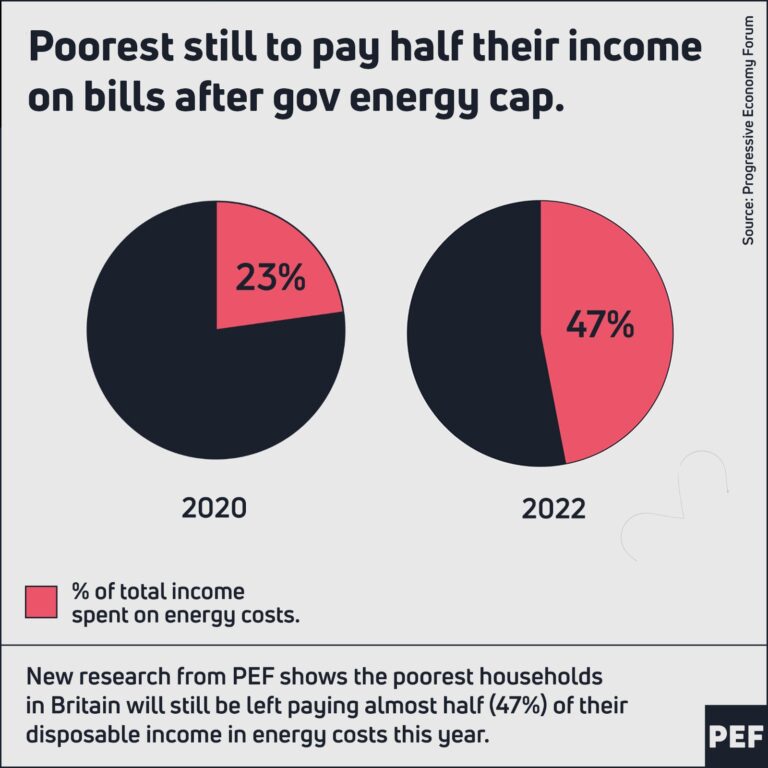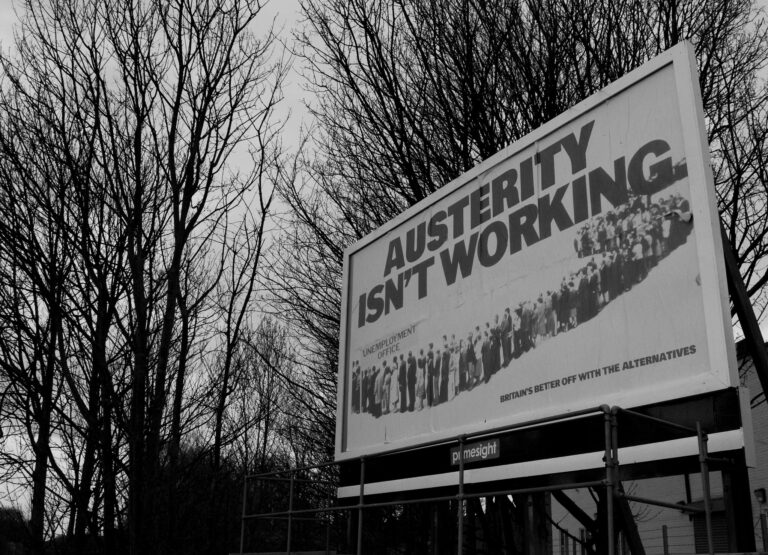Even without formal links with political parties, media sources typically have a clear political orientation. This is most obvious, even extreme, in the case of newspapers, with The Telegraph, The Mail and The Times solidly Conservative. While not a regular supporter of the Conservative Party, the Financial Times has a right-of-centre orientation befitting its name. Left-of-centre is The Guardian, which like the FT is not formally linked to a political party though inclined to Labour (more so before the current party leadership).
Those who write for these newspapers also have their political orientations and predilections. Because journalists are also citizens it would be unreasonable to expect them not to hold political views. In this context we should distinguish between the political orientation of a newspaper and author and political bias. Whatever may be the writer’s political orientation we expect a professional reporter to apply a consistent, unbiased analysis. Political orientation should not result in flagrant political bias in reporting.
Two articles on the same day by FT journalists Chris Giles and Delphine Strauss demonstrate political orientation generating political bias. Both articles address the same issue, fiscal austerity. Under the simple headline, ‘UK Chancellor signals an end to the “age of austerity”‘, their introductory paragraph reads,
Sajid Javid, UK finance minister, reversed a decade of austerity by the Conservative party with a promise to raise public spending ahead of a likely autumn election and a looming exit from the EU.
…[T]he chancellor signalled that he would in any case relax this [austerity] rule if he came to presenting a Budget, taking advantage of “a strong fiscal position and a record low cost of borrowing”.
The authors present government policy as fact (the Chancellor “reversed a decade of austerity”) without expressing an opinion on the credibility or wisdom of doing so.
On the same day in a much longer article, the same authors assess the end of austerity promised by the economic policies of the Labour Party. The headline for this article was far from simple, ‘Cost soars for Labour’s grand pledge to reshape the economy’. In contrast to the other headline, this one makes a subjective judgement (“cost soars”) and employs a condescending adjective to a straight-forward proposal, (“grand pledge”). In general, the authors of articles do not write the headlines, so I do not attribute the headline biases to Giles and Strauss. Nevertheless, the two headlines prove very indicative of what follows, one article a neutral-to-favourable presentation, the other a highly sceptical and condescending exposé that clearly suggests the unsoundness of Labour Party policy.
The first two paragraphs of the second article read,
The next Labour government will have to find at least £26bn in new tax rises if it wants to end austerity, invest in infrastructure, reverse social security cuts and live within its own budgetary rules, according to Financial Times research.
The brutal maths of the public finances mean that shadow chancellor John McDonnell’s plan for £250bn of increased public investment over 10 years uses up all of the wriggle room in Labour’s fiscal credibility rule. The UK opposition party has pledged to keep public debt lower as a proportion of national income at the end of a parliament than at the start.
Giles and Strauss reported that Javid “reversed a decade of austerity”, clear and un-nuanced statement. Equally clear in these two paragraphs is their view on Labour achieving its goals, not likely because of the “brutal maths” [sic! arithmetic] of the public finances; £26bn in “new tax” would be necessary. In the first article the reader was told that the cost of the end of austerity would come in at £13.4bn. The authors describe that increase with the statement,
While Mr Hammond warned that public spending should be battened down until
Brexit was settled, Mr Javid jettisoned such caution in a statement which
effectively framed the Conservative manifesto in an election which many expect
within weeks.
In one case a spending increase is described as “brutal maths”; in the other case the authors characterise the spending increase as a change in a party manifesto.
The article about Conservative fiscal policy reports a policy change and leaves the reader to assess the credibility and wisdom of the change. In the article on Labour Party fiscal policy, the authors guide the reader to a conclusion: the plans of the Shadow Chancellor are not credible. The two articles epitomise biased reporting.
Photo credit: Flickr/tripu.








